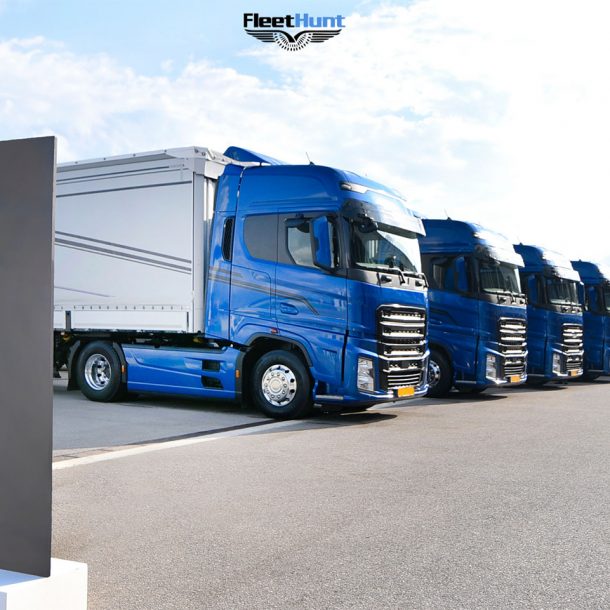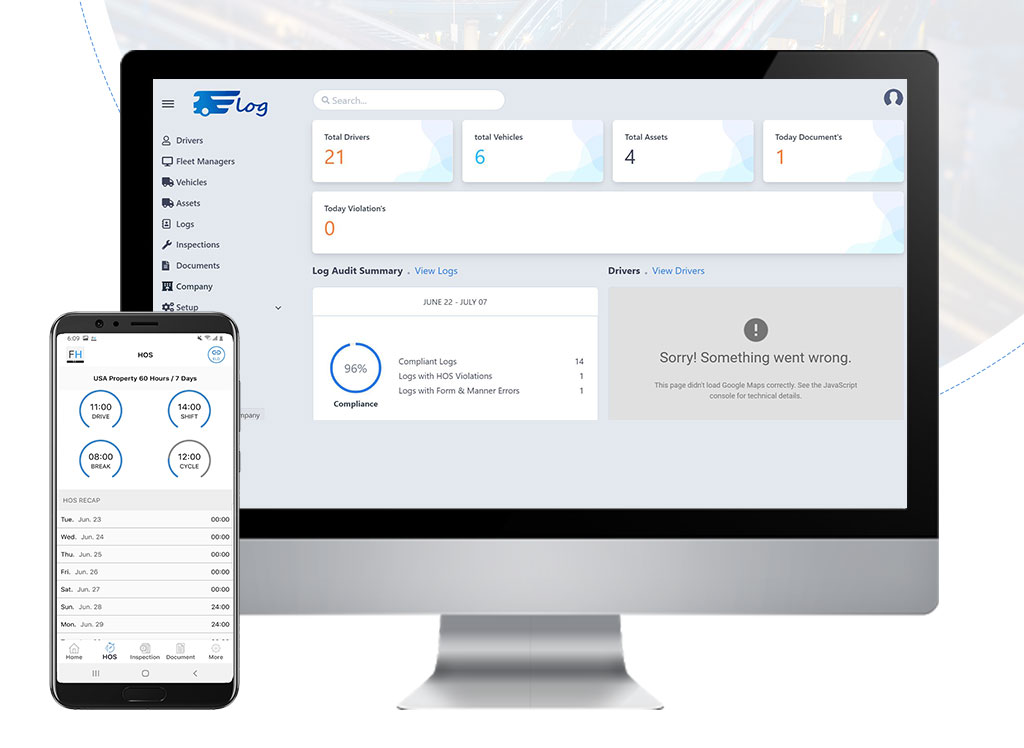

Close

More than 20 years ago we imagined a world filled with technologies we cannot fathom. Flying cars, teleportation pads and hoverboards lined the pages of sci-fi books and comics. It’s almost as if the indicator of a great advanced civilization was how well developed their transportation technology was.
Even though flying taxis, hoverboards or teleportation pads are still not the norm 20 years later. Technology in transportation has made leaps ahead of everything else. And our need for faster, more efficient and cost effective forms of transport has manifested itself into three focuses that most tech companies hold:
» Autonomy
» Sustainability
» Mobility
1. Autonomy
If you told anyone from 10 years ago to get into a car that would drive them to any destination they wanted without lifting a finger, no one would dare step foot into it. But with companies such as Tesla, Hyundai and Audi ushering AI into their cars, autonomous driving has since been a staple among the new age of automobiles. AIs went from being a driver’s assistant to being the driver itself. Potential risks and dangers are reduced by taking the human errors out of the equation. According to the Traffic Injury Research Foundation in Ottawa 90% of road crashes happen due to human error. With autonomous driving slowly becoming a norm right now, we can expect to see a declining number of accidents on the road.
2. Sustainability
It’s no news that the main source of fuel we use is non-renewable and will be depleted in the next 50 years. Other than that global warming grew at an alarming rate with our carbon footprint at an all-time high. As such many turn towards a better form of energy for cars. Instead of a gas engine, many companies opt for a battery pack that can be charged at designated outlets. For the gear heads that enjoy the power that comes with gasoline cars, companies have improved their electric car lineups to put them on par with their gasoline counterparts. Electricity provides an alternative for a cleaner form of energy and opens up avenues for renewable forms of energy as well that could be used well into the future and preserve the life we have.
3. Mobility
The fact is, less and less people want to own cars. In fact, millennials and Gen Zs even avoid getting a driver’s license unless they absolutely need to. There’s a few reasons why. And one of them is the availability of more mobile options and convenient alternatives to owning a car. Owning a car also means you need to worry about where to park it, where to store it and all the other costs that come with it. Not to mention the financial burden it places on a person. With rideshare apps like Uber and Lyft, people can enjoy the benefits of a car without the commitment to one. City bikes and electric scooters also become popular among city folks for their convenience. It wouldn’t be long to see everyone owning a hoverboard when it becomes more available to the public.
Tech companies are constantly trying out new technologies and implementing them into their transportation projects. With the use of IoT, Big Data and AI, our transportation technologies are on the brink of reaching their potential.
1. Hyperloop
The hyperloop is a project that aims to transport passengers at a super high speed in a vacuum tube that uses the principles of physics to propel the carriage at speeds up to 600mph.
2. Flying taxis
Once a science fiction, now a reality. Uber and NASA have decided to work together and develop the first flying taxis by 2023.
3. Delivery drones
Drones have been around for quite some time with their first use as a airbourne camera and made its mark as an important piece of technology for the military. Now companies such as Amazon have decided to develop this technology into drones that can deliver products right to people’s homes.
Technology is an important part of the transportation sector. And at Fleethunt Technologies we use technologies that are currently available to help fleet managers manage their fleets with the least amount of stress and highest efficiency possible. With your fleet installed with our technology and software, we use the IoT to connect and exchange information across the internet that helps you manage your fleet. This future proof technology will only keep improving to make your fleet management easier.
